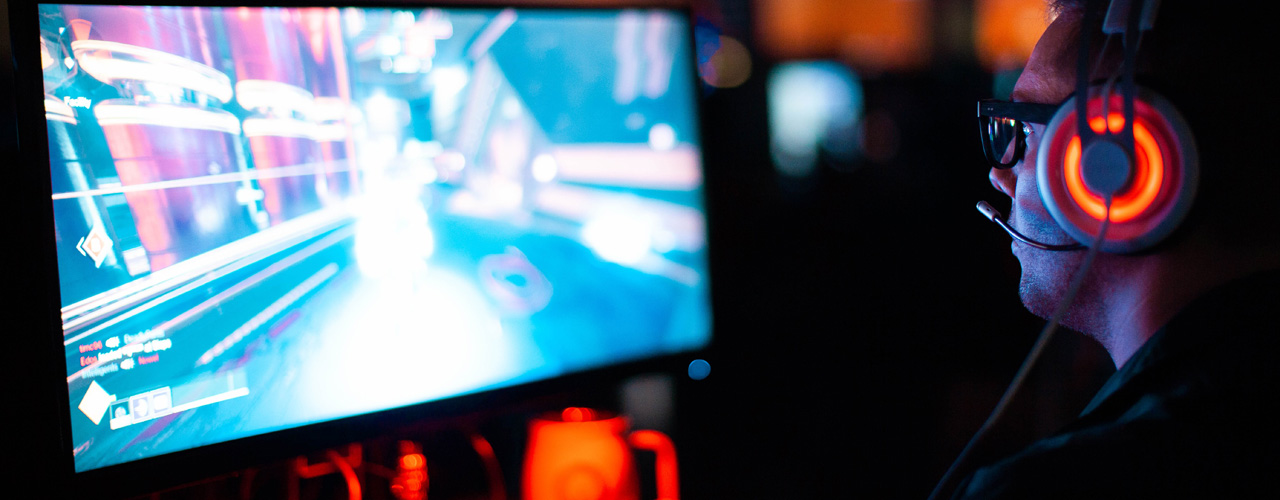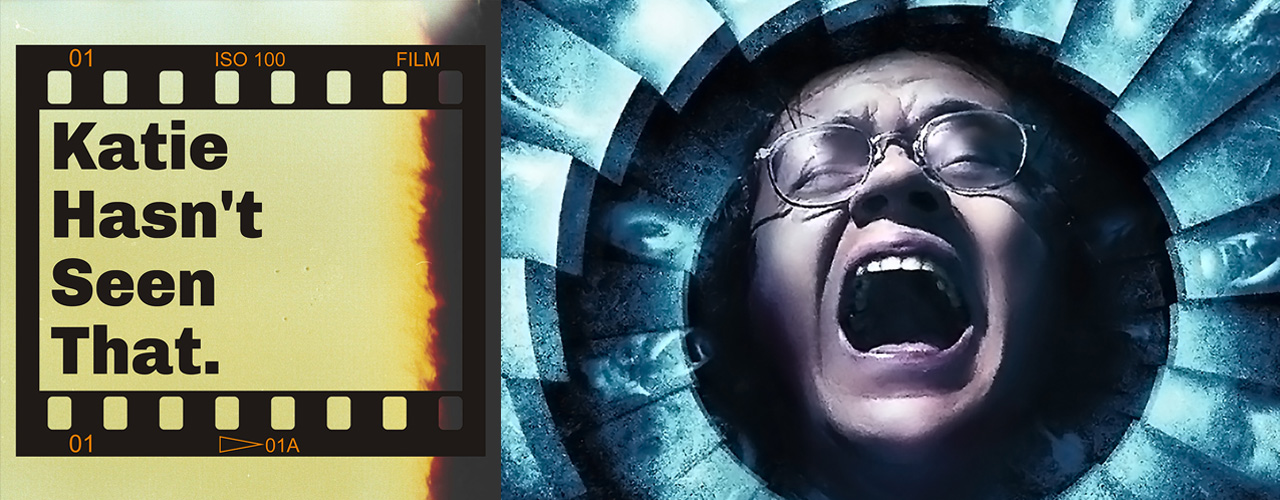The following post was provided by a sponsor.
In the world of gaming, where precision and split-second decisions can make all the difference between victory and defeat, paying attention to every detail is crucial. However, one often overlooked detail with a significant impact on gamers is blue light exposure. This is something especially important for gamers engrossed in epic role-playing adventures like Baldur’s Gate 3. In this recently released immersive game, players create and shape their character, delve into intricate storytelling, and engage in turn-based combat within a detailed fantasy world. While fun, this can often lead to extended gaming sessions, with a play time totaling 43 hours.
According to Dr. Peter Grinspoon, a contributor to the Harvard Health Publishing blog, prolonged gaming has resulted in many gamers suffering from vision problems such as eye strain, which can lead to headaches and poor concentration. This article explores why, for avid gamers, understanding and mitigating the effects of blue light on their eyes and overall well-being is not just a matter of comfort but a crucial component of optimizing performance and long-term health.
The advent of longer video games
The website How Long to Beat is a crowd-sourced catalog of how many hours players spend on thousands of different games. Based on the site’s overall breakdown of every game that’s been submitted on the platform, the average time it takes to finish a video game is 18 hours and 17 minutes. However, for open-world games like Baldur’s Gate 3, the average sits closer to 39 hours and 18 minutes to complete. In fact, its predecessor, Baldur’s Gate 2, can reportedly take up to 88 hours of gameplay to get through the main story and side content.
Generally, games require more and more of the players’ time. In an article by the Washington Post, Brendan Keogh, a researcher at the Queensland University of Technology, said the biggest game-makers aren’t interested in just selling copies of the games — they’re interested in holding players’ attention. Ubisoft, the studio behind Assasin’s Creed, has made the newest installment of the game more than four times longer than the original version released in 2007. At the same time, a recent report to investors highlighted the increase in overall engagement while also noting that players are spending more money on the game’s additional content.
Effects on gamers
According to UC Davis Health, constant exposure to blue light emitted by devices over time could damage retinal cells and cause vision problems such as age-related macular degeneration. It can also contribute to cataracts, eye cancer, and growths on the clear covering over the white part of the eye. There is also a valid scientific basis for the idea that blue light interrupts sleep since research consistently shows that light of any kind suppresses melatonin, and blue light may do so to an especially extreme degree.
Moreover, studies show that continuous computer gaming for even just four hours results in convergence or the ability to turn the two eyes inward toward each other to look at a close object; accommodation disturbances or a problem in maintaining accurate, comfortable focus, particularly with near work; and increased physical and ocular discomfort. In terms of mental health effects, a group of researchers from the University of Lausanne in Switzerland established a link between frequent binge gaming and lower life satisfaction, sleep quality, and more major depression and social anxiety disorder symptoms.
How gamers can address these effects
To help reduce eye strain, gamers who wear prescription glasses must ensure that their prescription is up to date. For this, Oakley has gaming-specific glasses that come in a range of styles like the black, square-framed Holbrooks or the transparent Ojector frames, which are uniquely optimized to attenuate light from OLED and LED screens with blue light filtering technology. This technology is designed to reduce 30% of LED blue light within the 400-500nm range to help the eyes stay comfortable during long gaming sessions.
The American Optometric Association also suggests practicing the 20/20/20 rule in between matches. Every 20 minutes, look at something 20 feet away for 20 seconds. Keeping artificial tears or lubricating eye drops like Visine on hand can alleviate dry eyes and redness, as well. This provides both temporary relief and further protection for strained eyes.
Ultimately, as with many other activities that have potentially harmful effects, moderation is the key. Most of the damaging effects of gaming can be improved or avoided altogether by limiting the number of hours spent in front of the screen and by engaging in healthy activities like exercising or socializing in the real world.
Article contributed by Walter C. Brown




















Add comment